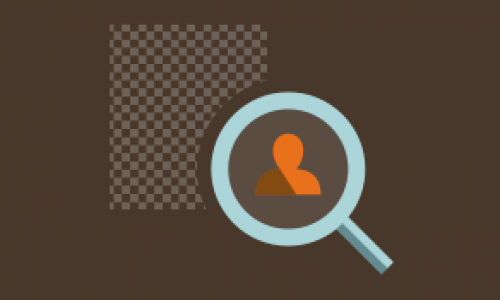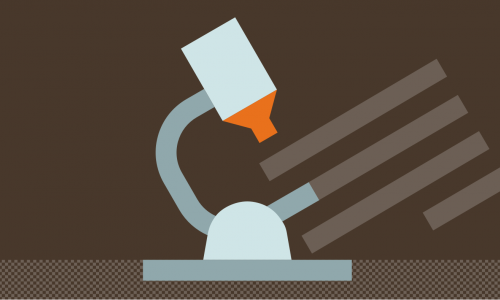Fundamentals of publishing
You are probably familiar with the saying “publish or perish”. To ensure your publishing career thrives, we recommend investing a little time in understanding how the process works.
In these fundamentals of publishing modules, we cover the basics. You will learn about the publishing cycle and we introduce you to some of the key players and their roles. We zoom in to examine the origins of Publishers and walk you through their services. And, we offer some sound advice on weighing up the value and accuracy of the research you read. Last, but definitely not least, we turn our thoughts to the problem of unconscious bias in the publishing process.
What you will learn
- An introduction to publishing and the key players
- Key points to consider when evaluating research
- A frank discussion on unconscious bias




